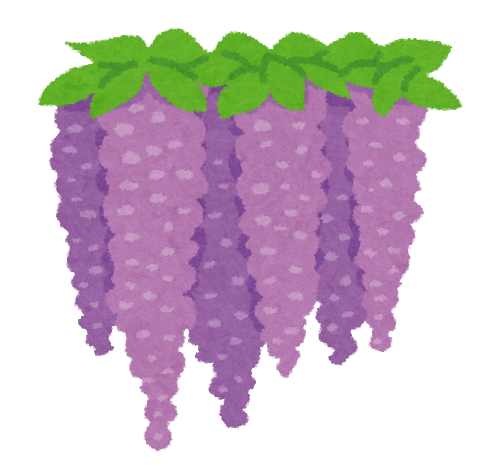Description
In this team game, students will take turns pantomiming a vocabulary verb for the other members to guess. This game’s purpose is for students to effectively say sentences such as “She can swim” and “They can’t play kendama” on their own.
Put at least as many gacha as there are members in each team. For example, if there are 4 members, there should be four gacha in the basket. Each gacha will have two cards inside: the verb vocabulary card, and the point card. Sandwich these cards together, backside facing outwards, to keep the cards a mystery. Bend the card slightly into a U shape to fit into the gacha. Place the gacha in the container.
Each group gets a set of cards, face down, on their desk to make their sentence. For example if the target English is can/can’t, they would get a set of pronoun cards and modal can/can’t cards.
Player 1 turns over the cards and opens one mystery gacha. They secretly peek at the action verb, then pantomime/gesture it (without saying the word themselves) for the remaining players to guess as a team. For example, if the two cards on their desk are ‘she’ and ‘can’t’, and the gacha card is ‘swim’, player 1 pantomimes someone who CAN’T swim. The correct answer would be “She can’t swim!” The players must say the whole sentence for the game to be effective English practice. If the remaining three players can guess correctly within 3 tries, they will win the number of points within the gacha ball.
Notes
- This game can be played as a group, as a pair, or as a class! When in groups or pairs, the students will work together to accumulate points and compete against all other teams. When this game is played as a class, the class will simply see how many points they can accumulate together, and there will be no opponent. Even without an opponent, it can still be a rewarding game.
- In a group setting, the members janken to decide the first player to the last. As a pair, two students janken and the winner goes first. As a class, the teacher will volunteer as the first player as an ice breaker, then volunteers can come and participate in the front of the class as they like.
- Pass out the group point sheet after the game demonstration is performed. If played as a class, points can be recorded on the board instead.
- The points should not be checked until the end of class both to save time, and to keep the excitement and wonder in the class high.
- A variation of the rules is the group looks at the gacha card instead, and pantomimes for the current player to guess the correct sentence. This could be decided by what card is drawn on the desk, for example. An example could be if the ‘they’ card is picked, the group pantomimes to the current player, otherwise the current player pantomimes to the group.
